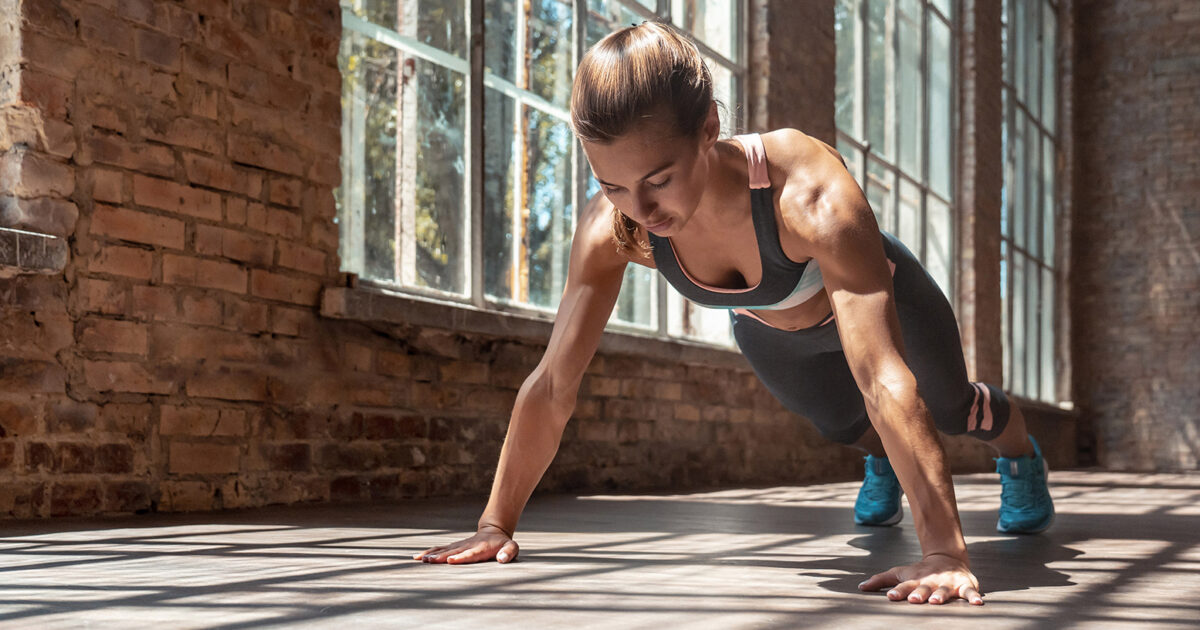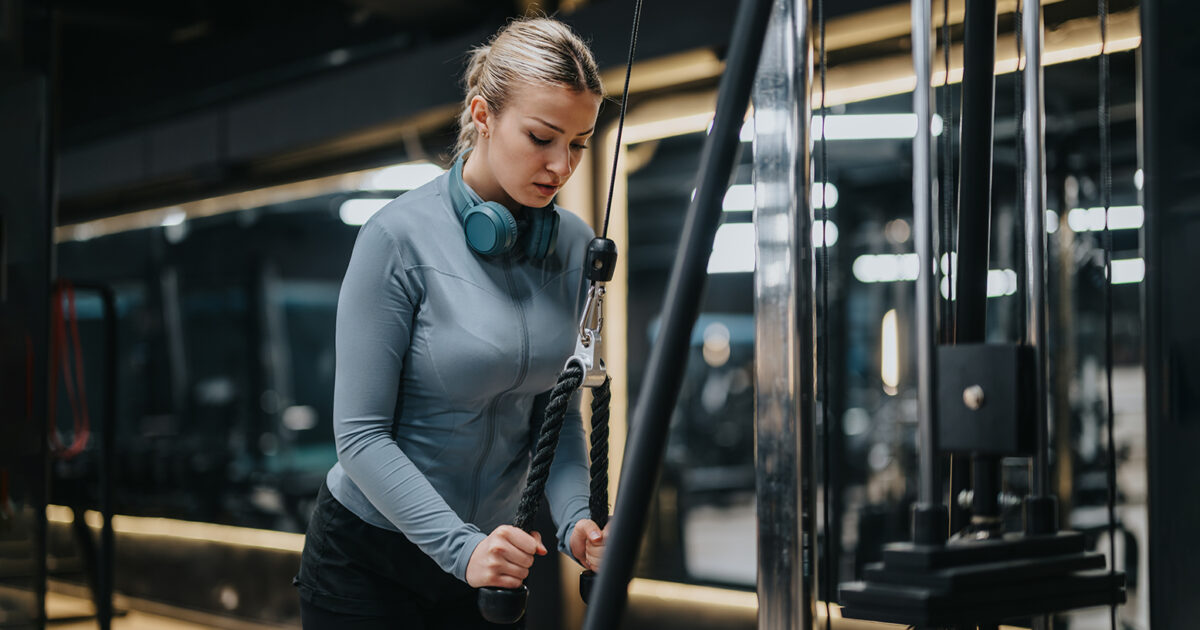Everything is better when you’re young. Summer vacations stretch long enough to make you bored, and you don’t have bills to pay. You could sleep in without consequences, and your back couldn’t tell whether you were on your mattress or in someone else’s bed. Plus, your knees didn’t make strange noises every time you stood up.
Your relationship with food was different, too: you felt like you could eat whatever you wanted, whenever you wanted, without it ever catching up to you. Turns out, that might be more than just a feeling. And it makes sense: as your body changes, so should the way you fuel it. But how do your calorie needs EVOlve with age? That’s what we’re here to find out.
What is a calorie?
A concept that first appeared in 1824 when physicist Nicolas Clément introduced the term in the journal Le Producteur. Later, in the late 1800s, German physiologist Carl von Voit brought food science to life by building one of the first labs to measure energy in food. Today, we’re all counting them.

To put it simply, a calorie is a unit of energy measurement. Every bite of food you eat or drink gets broken down and converted into energy. Calories are present in all foods that contain macronutrients, such as carbohydrates, fats, and proteins, and they act as fuel to keep your body functioning.
This energy supports your daily activities, whether lifting weights, carrying groceries, or endlessly scrolling on TikTok. Think of them as tiny batteries powering your body: too few and you won’t be able to function, too many and you might overload.
How does age affect the calories you burn?
For starters, age isn’t the only thing that determines the amount of calories you need. Factors such as age, gender, weight, height, and activity level play a significant role. Interestingly, calorie needs aren’t highest in adulthood. Babies and children burn more calories relative to their size than adults do, because they’re growing, developing, and constantly on the move.
However, age does play a role. A report shows that starting in your late teens or early 20s, your calorie needs begin to decrease: about 11 calories per year for men and 7 for women.
Here’s why:
- Muscle mass decreases with age, which slows metabolism.
- Brain size and activity decline, reducing energy needs.
- Hormonal shifts affect how your body stores and uses energy.
- Physical activity often drops, especially if lifestyle or recovery needs change.
The main takeaway from this is that the habits you have in your 20s might not serve you in your 40s or 60s.
Should you eat less as you age?
Not necessarily. Plus, appetite often adjusts naturally. You should focus on quality instead.
With fewer calories to work with, nutrient-dense foods become essential: lean proteins, whole grains, fruits, vegetables, and healthy fats. As you age, your body also needs more calcium, vitamin D, vitamin B6, and protein to stay strong and resilient.
Ultimately, it’s not about cutting everything out; it’s about making better use of what goes in. But the bottom line is that your calorie needs EVOlve with age.



